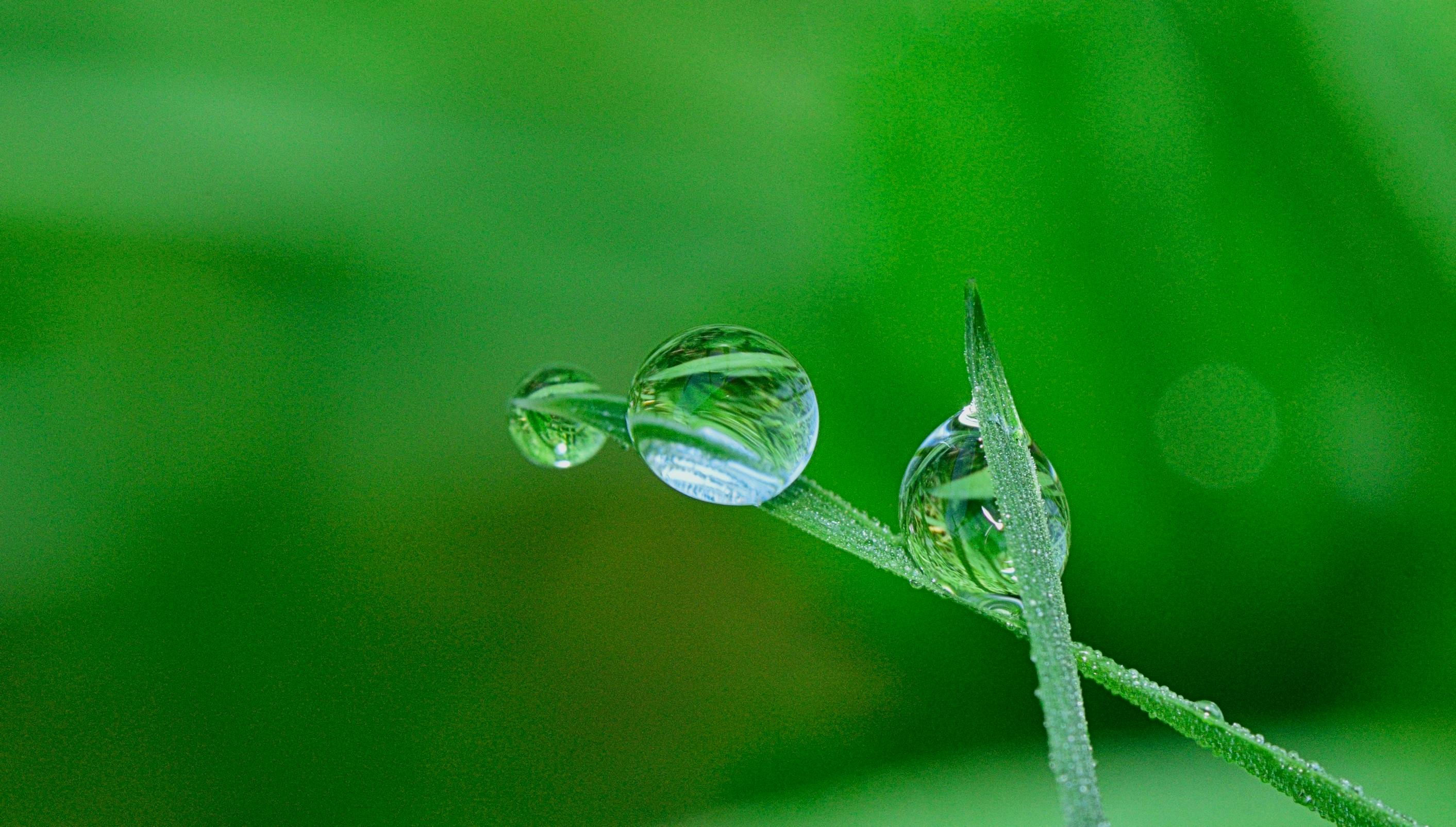Table of contents
Introduction

Water is a precious resource, essential to life on our planet. Yet, in our modern society, we tend to take it for granted. Responsible water consumption is a crucial topic in the current context of climate change and increasing pressure on our natural resources. It is an issue that concerns us all, as every drop counts.
Irresponsible water consumption can lead to a series of problems, ranging from local shortages to the depletion of groundwater, not to mention the pollution of watercourses. These problems have repercussions not only on the environment, but also on human communities, particularly those that are already vulnerable. It is therefore essential that we become aware of the importance of water and adopt more responsible behaviors.
Understanding our water usage

Water is an integral part of our daily lives. We use it for drinking, cooking, cleaning, watering our gardens, and much more. However, many of us do not realize how excessive or inefficient our daily water use can be.
Our current use of water has major environmental and social implications. Over-extraction of water can deplete groundwater supplies and disrupt aquatic ecosystems. Moreover, water pollution from human activities can make water unfit for consumption or use, affecting both human health and biodiversity.
What is responsible water consumption?

Responsible water consumption is a concept that encompasses a variety of practices aimed at using water in a more sustainable and environmentally friendly way. This can involve actions as simple as turning off the tap while you brush your teeth, or more complex initiatives like installing rainwater harvesting systems.
To illustrate this concept, imagine that every drop of water is precious. If we treat each drop with respect and care, avoiding waste and seeking ways to use water more efficiently, we are demonstrating responsible water consumption.
The benefits of responsible water consumption

Adopting responsible water consumption presents a multitude of environmental, social, and personal benefits. Environmentally, it helps to preserve fresh water resources, protect aquatic ecosystems, and reduce water pollution.
Socially, responsible water use can help ensure equitable access to this vital resource for all communities. Finally, on a personal level, adopting more sustainable water use practices can help you save money on your water bills and become aware of your impact on the environment.
How to adopt responsible water consumption?

Adopting responsible water consumption may seem like a daunting task, but there are many simple and achievable actions you can undertake in your daily life. For example, you can start by reducing water waste by turning off the tap when you’re not using it, fixing leaks, and using water-saving appliances.
It’s important to remember that every little step counts. Even though these actions may seem small, they can have a significant impact when adopted by a large number of people. So, don’t hesitate to commit and act for more responsible water consumption.
Conclusion

In conclusion, responsible water consumption is a crucial issue in our modern world. It involves an awareness of the importance of water and a commitment to using this precious resource in a more sustainable and respectful manner.
We all have a role to play in this area. By adopting more responsible water use practices, we can help preserve this vital resource for future generations. So, take the time to reflect on your water use and ask yourself how you can make it more responsible. Every drop counts, and your action can make a difference.
Share: